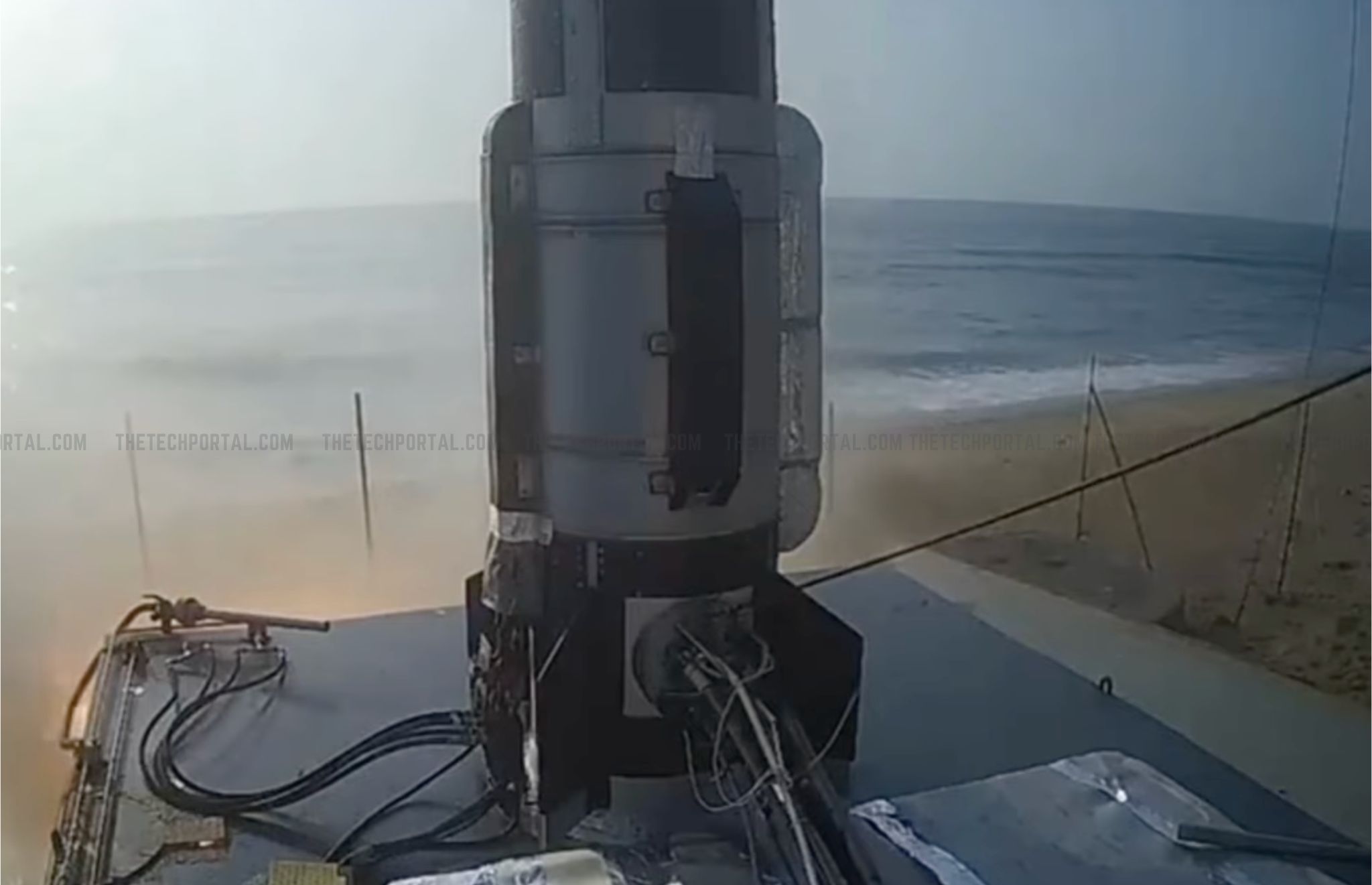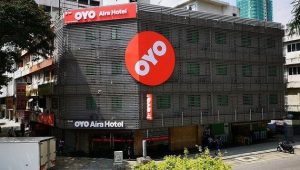
Indian space startup Agnikul Cosmos successfully demonstrates 3D-printed rocket engine
Agnikul Cosmos, one of the front-runners in the recent race among India’s private space startups, has just demonstrated a critical tech that could potentially lead to even cheaper low orbital launches. The Indian startup successfully launched the Agnibaan SOrTeD rocket from Sriharikot on Thursday after four previous attempts that were aborted. The Agnibaan SOrTeD (Sub-Orbital Technological Demonstrator) is a single-stage rocket featuring India’s first semi-cryogenic engine, which is also the world’s first single-piece 3D-printed engine. The mission lasted for nearly two minutes.
The Agnibaan SOrTeD rocket is a significant technological advancement for Agnikul Cosmos and India’s space industry. The semi-cryogenic engine, Agnilet, uses a mixture of liquid and gas propellants, marking a first for India in spacetech and spaceflight technology. Typically, rocket engines consist of multiple parts that are assembled together, but Agnilet’s single-piece 3D-printed design simplifies the manufacturing process, reducing both costs and assembly time.
The rocket was developed and assembled at Agnikul’s facilities at IIT Madras, and the successful launch marked a culmination of thousands of hours of meticulous reviews and hard work by the Agnikul team. Srinath Ravichandran, co-founder and CEO of Agnikul Cosmos, expressed gratitude for the support received from IN-SPACe (Indian National Space Promotion and Authorization Center) and ISRO (Indian Space Research Organization), which were instrumental in achieving this milestone.
The Agnibaan SOrTeD is designed to carry payloads of up to 300 kg to an altitude of 700 km, although this test flight was suborbital, reaching a height of approximately 8 kilometers before descending into the sea. This test flight serves as a crucial step toward Agnikul’s goal of launching its first orbital mission by the end of the fiscal year 2024-25. The launch vehicle is compatible with Agnikul’s mobile launchpad, Dhanush, which can be deployed from various locations, providing flexibility for future missions. Speaking more about the cryogenic engine, it utilized gases liquefied at extremely low temperatures as fuel. The semi-cryogenic variant used by Agnikul employs sub-cooled oxygen, offering a more efficient propulsion system.
For those who need a refresher about the company, founded seven years ago by Srinath Ravichandran, Moin SPM, and Prof. Satyanarayanan R Chakravarthy from IIT Madras, Agnikul Cosmos has made significant strides in a relatively short period. The company became the first Indian firm to sign an agreement with ISRO in December 2020, facilitated under the IN-SPACe initiative. This agreement provided Agnikul with access to ISRO’s expertise and state-of-the-art facilities, accelerating its development efforts. Agnikul has raised $42 million so far.
The Indian spacefaring community has widely celebrated Agnikul’s accomplishment. A K Bhatt, director general of the Indian Space Association (ISPA), termed the launch a “historical milestone” and expressed optimism for the future of India’s private space sector. Furthermore, Indian PM Narendra Modi also took to popular social media platform X to congratulate Agnikul Cosmos, calling the launch a momentous occasion for India’s space sector. “What Agnikul has achieved today, is nothing short of a historical milestone, since India launched its maiden rocket in 1963 from Thumba launch station. This is a huge boost and a proud moment for India’s thriving private space industry and just a glimpse into what the future holds for us, our hearty congratulations to the entire team behind this and best wishes for their future efforts,” Bhatt said.
Looking ahead, Agnikul Cosmos aims to expand its operations into commercial space missions by the third quarter of FY 2024-25. The startup is poised to conduct regular launches starting in 2025, offering customizable and cost-effective launch services.


